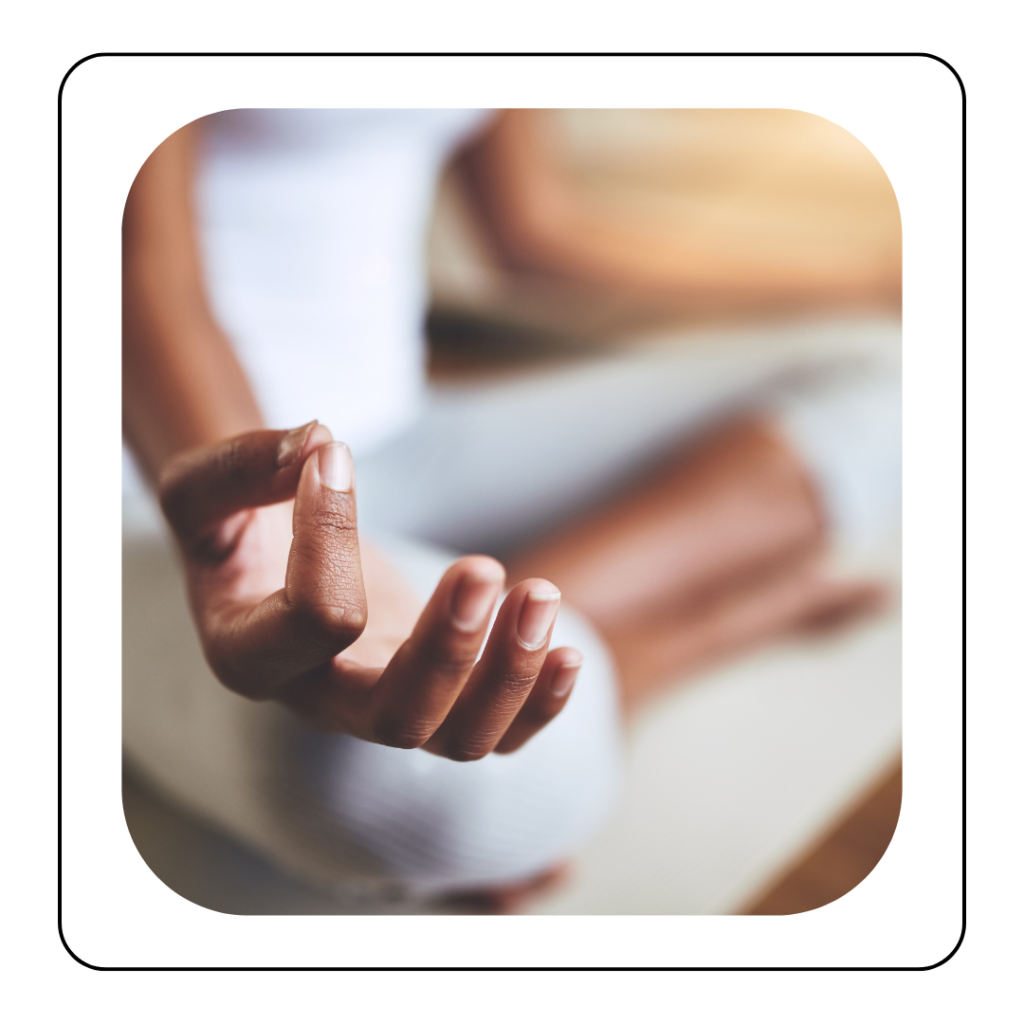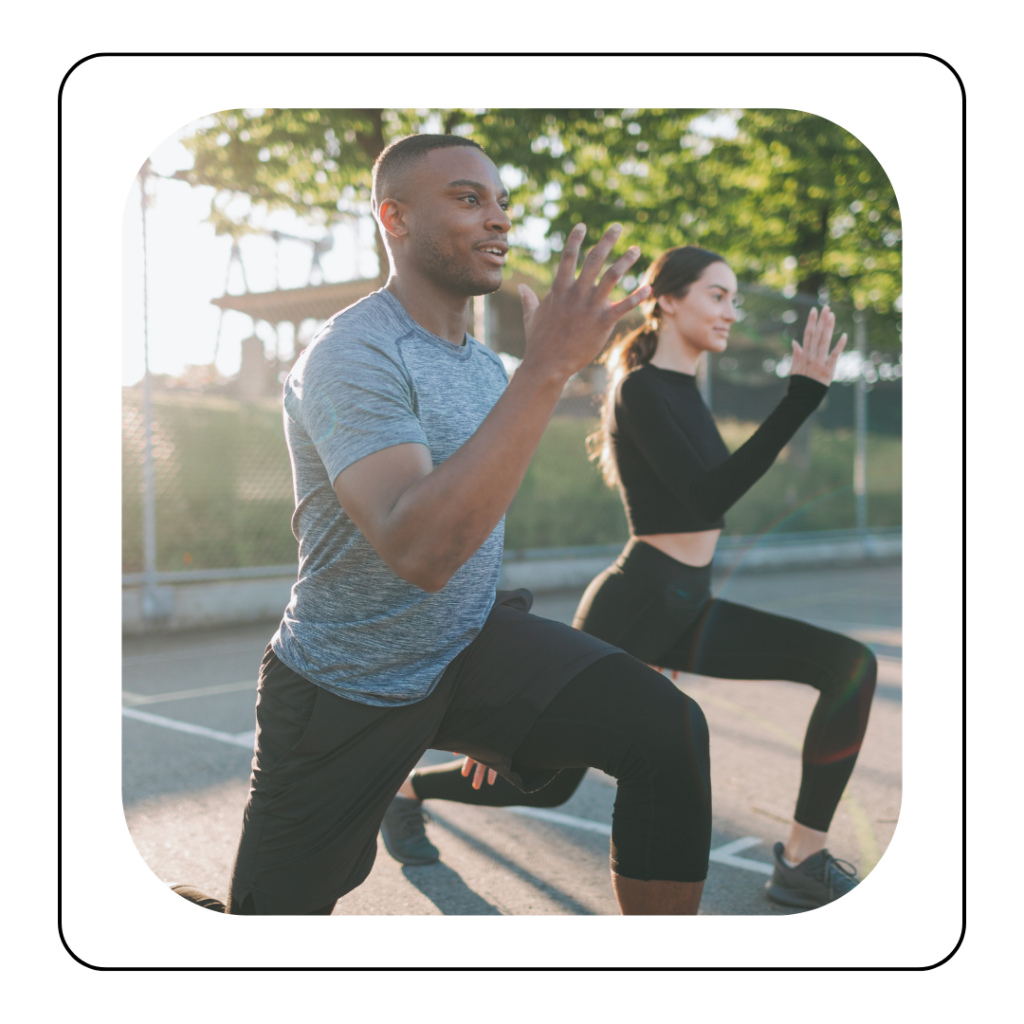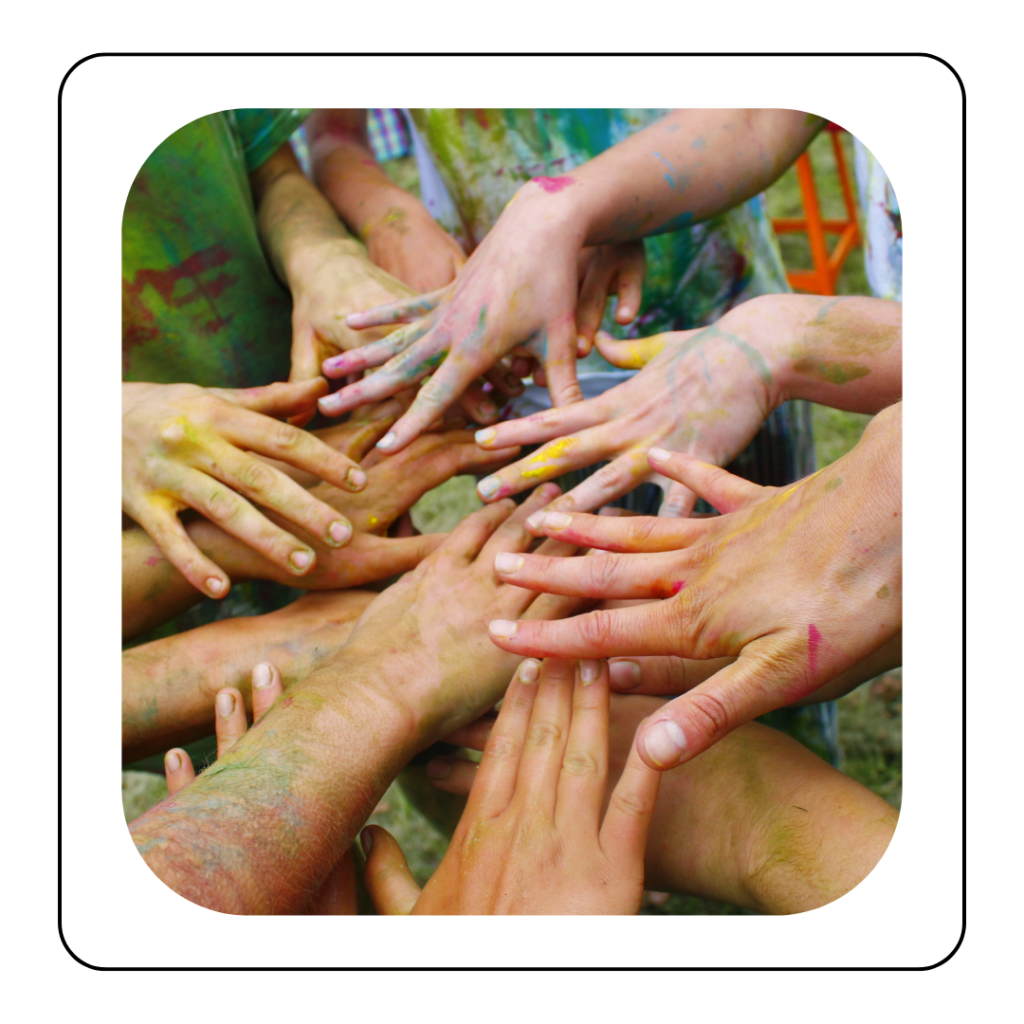In the previous section, we discussed what anxiety is, some of the normal symptoms you can expect and what different kinds of anxiety there are. In this section we will provide you with practical and actionable strategies how to manage your anxiety in a different way:

Practice Mindfulness
Mindfulness is a technique that involves paying attention to the present moment without judgment. It can be an effective way to manage anxiety by helping you focus on the here and now instead of worrying about the future or dwelling on the past. Mindfulness can be practiced in many ways, including meditation, deep breathing, and yoga.

Regular Exercise
Exercise is a powerful tool for managing anxiety as it releases endorphins, which are natural mood boosters. Regular exercise can also help reduce muscle tension, improve sleep quality, and increase self-confidence. Aim for at least 30 minutes of physical activity per day, such as brisk walking, jogging, or cycling.

Maintain a Healthy Diet
A healthy diet can have a significant impact on mental health, including anxiety. Eating a balanced diet that is rich in fruits, vegetables, whole grains, and lean proteins can help provide the essential nutrients your body needs to function optimally. Avoiding or reducing the consumption of caffeine, alcohol, and processed foods can also help manage anxiety symptoms.

Get Adequate Sleep
Sleep is essential for good mental health, and lack of sleep can worsen anxiety symptoms. Aim for 7-8 hours of sleep per night and establish a consistent sleep routine that includes winding down before bed, avoiding electronics, and creating a relaxing sleep environment.

Connect with Others
Social support can be a powerful tool in managing anxiety. Connect with friends and family regularly, join a support group, or consider speaking with a mental health professional to discuss your concerns and develop a treatment plan.

Practice Relaxation Techniques
Relaxation techniques like deep breathing, progressive muscle relaxation, and guided imagery can help manage anxiety by reducing muscle tension and promoting relaxation. Incorporate these techniques into your daily routine, especially during times of increased stress or anxiety.

